HUMANITARIANISMS:
MIGRATIONS AND CARE THROUGH THE GLOBAL SOUTH
A Mellon Sawyer Seminar
Walter Chapin Simpson Center for the Humanities
University of Washington
2020-2021
Walter Chapin Simpson Center for the Humanities
University of Washington
2020-2021
|
The Mellon Sawyer Seminar Humanitarianisms at the University of Washington's Simpson Center for the Humanities seeks to decolonize the rhetoric and understanding of humanitarianism by examining the histories of forced migration and practices of humanitarian care for forced migrants, including both “conventional” and “humanitarian” refugees that developed outside of Europe and North America. Most genealogies of humanitarianism emphasize its historical emergence through the Western canon as part of the Judeo-Christian tradition, the European Enlightenment, and the Laws of War. |
By decentering the West as the primary locus of study, the Mellon Sawyer Seminar highlights instantiations of humanitarianism in the Global South, with a focus on Asia, the Middle East, and the Mediterranean/North Africa-- regions which have been conceptually marked off from the understanding of the development of “humanitarianism,” but which have been the hosts of the bulk of the world’s refugees since World War II. We are pursuing a comparative examination of these issues through three thematic clusters: Decentering Migration and Decolonizing Humanitarianism, Comparative Humanitarianisms, and Rethinking the Human. |
Throughout these clusters, we will compare important conceptual categories that organize humanitarian practices, such as the figure of the “refugee”; what alternative forms “caring for others” might take; and under what conditions “human suffering” is deemed worthy of care. These comparisons will allow us to illuminate how non-Western values and reasons constitute the objects of suffering, practices of care, and who or what qualifies as the object of that care. Each of these clusters builds on the previous cluster and creates threads of inquiry that will frame a public speaker series and the work of a faculty and graduate student research group. |
|
|
